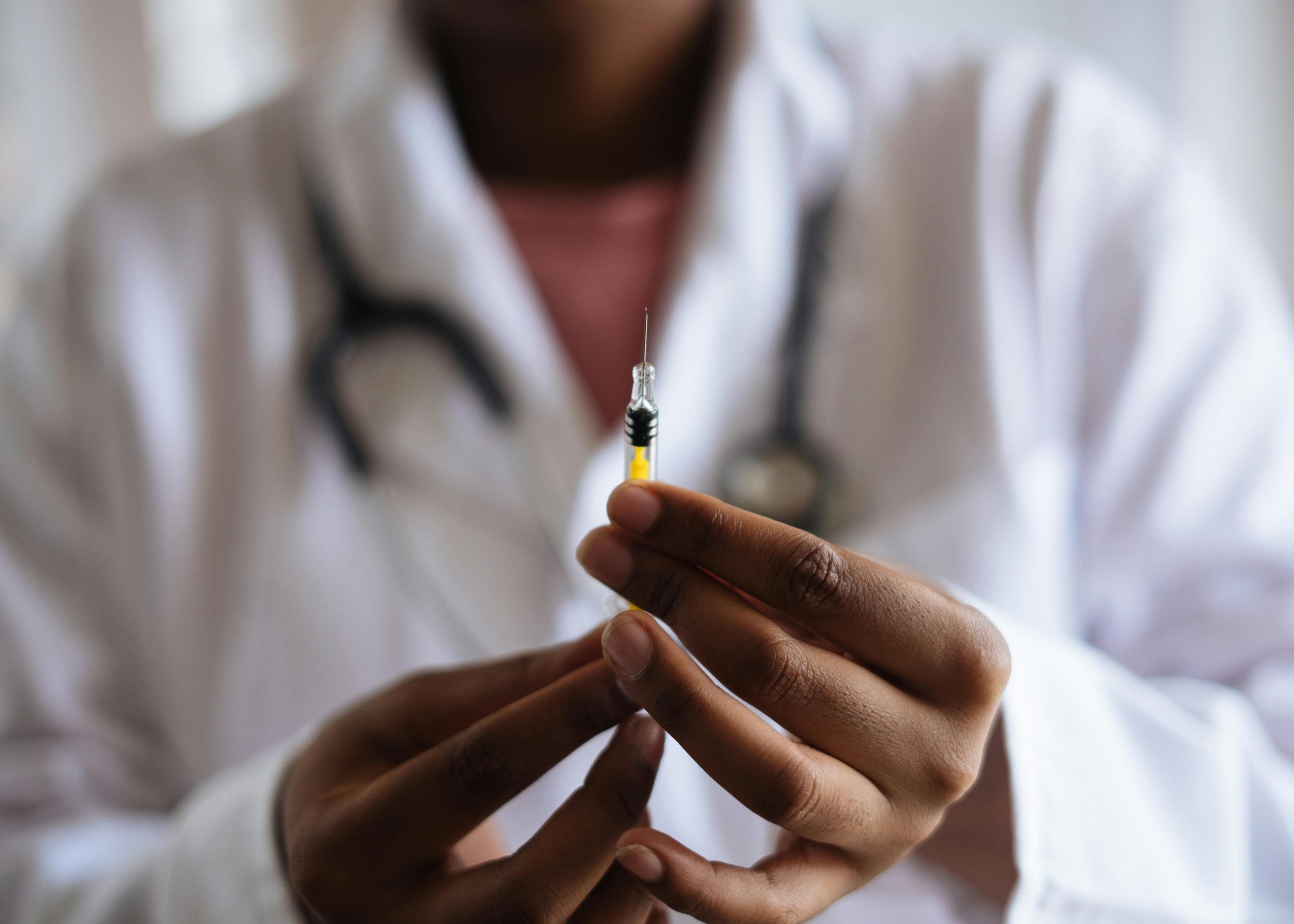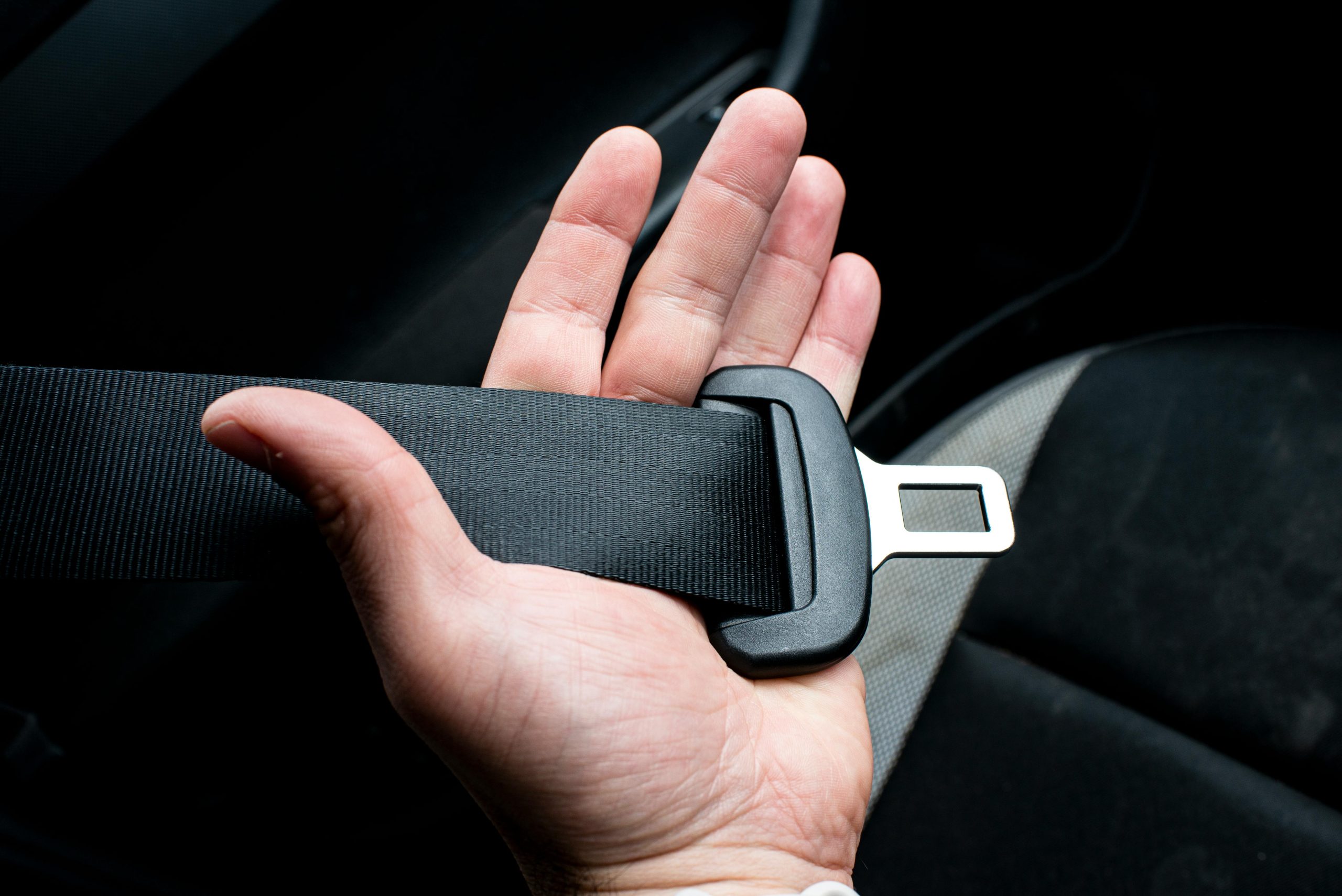Certain infectious illnesses can cause serious health problems, especially for those with diabetes. These problems can include heart issues, lung infections like pneumonia, and heart failure. People with diabetes have a greater chance of getting these infections than people without diabetes and the consequences can be worse. The good news is that there are vaccines that can help prevent them. These vaccines work just as well for people with diabetes as they do for anyone else.
Diabetes increases the chance of getting infections, and infections can worsen glucose levels and increase the chance of getting long-term health problems. This is because being sick can cause inflammation that can damage blood vessels within a number of organs. By preventing infections, vaccines can interfere with this diabetes-infection cycle. For example, studies have shown that flu vaccines reduce the chance of heart attacks and strokes, and RSV vaccines are also associated with a reduced risk of heart attacks and strokes.
Many people with diabetes worry that vaccines might raise their blood sugar levels. Although some people may feel unwell for a day or two after a shot, blood sugar levels are usually unaffected or only very mildly affected.
Vaccines that are particularly important for people with diabetes include vaccines for COVID-19, flu, pneumonia, RSV (respiratory syncytial virus), and shingles.
In summary, people with diabetes have a higher risk of getting certain infections, which apart from making them feel ill for a few days, may also increase their risk for other health problems. Vaccines are helpful in lowering these risks by reducing the likelihood of infection.
Want to learn more about vaccinations and diabetes? Check out our evidence-based takes from a conversation with Dr. Leiter on vaccination and diabetes, including answering common questions about vaccines and diabetes, discussing diabetes and immunity and reviewing vaccine recommendations for people with diabetes.



